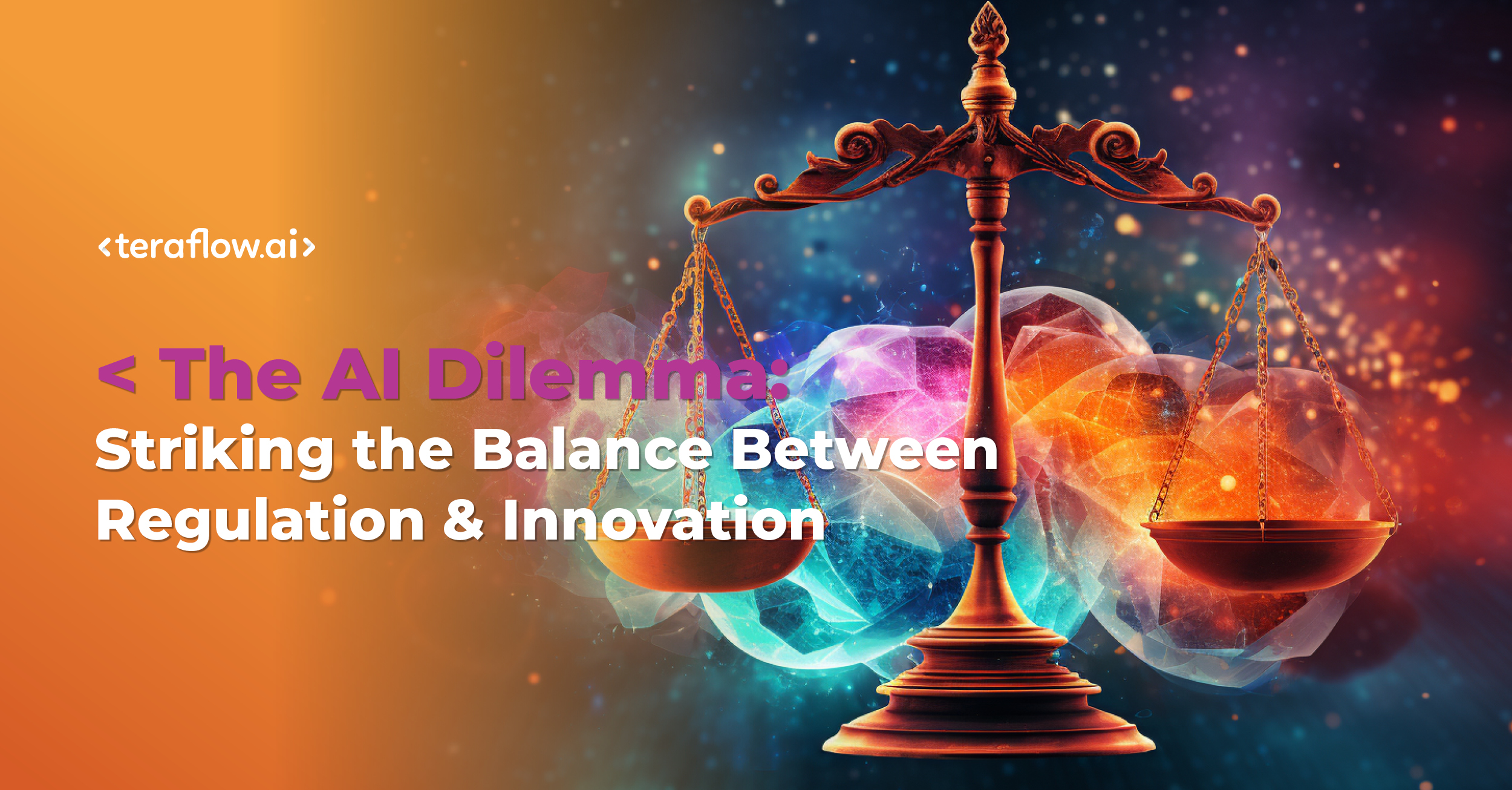Artificial intelligence (AI) has swiftly become a focal point in global discussions, captivating the attention of investors, policymakers, regulators, and the public. The exponential growth of AI, likened to the ascent of the internet, presents a dual narrative of unprecedented opportunities and lurking risks. Proponents advocate for AI’s potential to propel human capabilities beyond traditional limits, while opponents, particularly concerning the advent of general artificial intelligence (AGI), fear catastrophic consequences that could render established systems obsolete.
Guardrails and governance in the age of AI
The intersection of innovation and responsibility has prompted over 1,000 scientists and technologists to unite in a call for prudent innovation and robust governance of AI. The recent turbulence within OpenAI, with the near ousting of Sam Altman, exemplifies the challenges in defining governance structures for this transformative technology. Despite calls for collective defense mechanisms, the dependence on individual leaders remains evident, underscoring the critical need for comprehensive frameworks to guide AI development.
A glimpse into governance challenges
The recent upheaval within OpenAI, the creator of ChatGPT, raises pertinent questions about the societal impact of AI. ChatGPT stands as one of the world’s most successful technology launches, boasting remarkable user growth with minimal marketing expenditure. The controversy surrounding Sam Altman’s potential removal sheds light on the evolving landscape of AI governance. The lack of public details surrounding this incident emphasizes the nuanced nature of governance in the AI realm and the pivotal role of individual leaders in shaping its trajectory.
The pragmatic middle ground: Navigating AI’s evolution
Between the nostalgic image of Clippy, Microsoft’s virtual assistant, and the apocalyptic scenarios depicted in “Terminator” movies, lies a pragmatic middle ground. The crucial task at hand involves steering AI development toward responsible innovation. This necessitates striking a balance that harnesses the benefits of AI without succumbing to the dire warnings of its opponents. The global appeals for governance guardrails echo the urgency of finding this equilibrium, ensuring that AI augments human potential rather than endangering it.
AI’s role in augmenting human potential
The pivotal question revolves around the true impact of generally available AI on human potential. Will it genuinely and constructively augment capabilities, or does it harbor the potential to erode intellectual curiosity, independence, and the essence of human discovery? Drawing parallels to historical advancements, such as the early resistance to calculators by traditional mathematicians, offers insights. While calculators were initially perceived as a threat, they eventually became indispensable tools in the educational journey. Similarly, AI, in the hands of thoughtful curators, can serve as a scientific calculator for navigating complex intellectual realms.
As the world witnesses the first population-scale versions of AI, the trajectory of its influence on society remains uncertain. Whether AI liberates the balance between embracing innovation and implementing responsible governance will determine whether AI becomes a catalyst for progress or a potential threat to the very fabric of human existence.
Charting the course for responsible AI development
The rapid ascent of AI demands a careful examination of its implications and a proactive approach to governance. The OpenAI controversy exemplifies the need for transparent frameworks that guide the ethical and responsible development of AI. The journey ahead necessitates collaborative efforts to harness AI’s potential while mitigating associated risks. Striking a balance between innovation and responsibility will define whether AI becomes a liberating force or introduces unforeseen challenges to the essence of human existence. The world watches as AI unfolds, cognizant of the need for a cautious and well-guided evolution.





